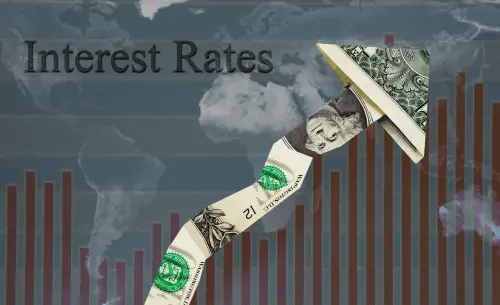The Federal Reserve is causing heartburn for central bankers in emerging markets. Since 2008 the US central bank has been flooding capital markets with cheap money, forcing down yields on safe assets. Many investors scurried into places such as India and China in the hope of earning higher returns. Now that the Fed is reversing course, credit booms in emerging markets are turning to bust. This is especially painful for countries with current account deficits, which are reliant on foreign finance.
It is not just the Fed. China’s currency policies over the years and the Bank of Japan’s recent monetary easing have added to the angst of central bankers in other countries and ratcheted up currency tensions.
The trouble is that every central bank has a mandate that focuses on its own economy. The Fed has argued that any spillover effects of its policies would be limited if other countries let their exchange rates adjust freely. Emerging markets have indeed used currency adjustments to cushion themselves from the impact of Fed policy. That is why, despite the turmoil they are experiencing, few of them are on the verge of a classic currency crisis. But this has not prevented their central bankers from complaining vigorously about a US central bank that, so far as they are concerned, displays all the sensitivity of a bull in a china shop.
This whingeing ought to stop. The root of the problem is a failure of the domestic policy of their own governments. Emerging market central banks are being asked to keep currency values stable, hold down inflation, support growth and maintain financial stability. This balancing act, difficult at the best of times, becomes impossible when other policies – fiscal and structural – are providing little support, or even working at cross-purposes.
In India, misguided agricultural policies have driven up food prices. This feeds into broader inflation in an economy where food expenditure accounts for a large fraction of average household budgets. The government has proved unable to cut the budget deficit or reform the labour market, and has failed to attract private financing for badly needed infrastructure investment. India’s central bank has to fill in all the gaps, single-handedly fighting inflation and trying to prop up growth.
In Turkey, a sharp rise in interest rates has kept the currency’s value from collapsing. This risks hurting growth but the central bank had little choice: political turmoil has stymied reform and heightened the risk of capital flight.
Emerging markets are not alone in leaning too heavily on monetary policy. In the US, fiscal policy is being tightened prematurely. In Japan, structural reforms remain a mirage and the central bank will probably have to ease monetary policy even further to keep the economy from stalling.
There is inevitably cross-border spillover from the monetary policy of major economies. International co-operation seems like a logical solution. But it is unlikely to work. Adding a cross-border mandate to their already long list of tasks would put central banks in an even worse bind. Instead, co-ordination should begin at home. Governments need to work with their own central banks to frame a consistent policy that will achieve their economic objectives. They should not pursue schizophrenic domestic policies and then expect central bankers across the world to sort out the mess.
I was part of a committee of academics and former central bankers that recently called for central bankers of a few big economies to meet periodically, discuss the mutual consistency of their policies and issue a report explaining their policy actions in a global context. The idea was not so much to force central bankers to take into account the international effects of their policies as to sharpen public awareness of the limits of monetary policy.
Rather than fulminating about other countries’ monetary policies, national leaders ought to put their own houses in order. Monetary authorities should focus on delivering low inflation and financial stability. If central bankers wage proxy battles on behalf of their feckless political leaders, they risk damaging their own hard-won credibility, independence and effectiveness.


Commentary
Op-edThe Fed is Not to Blame for Turmoil in Emerging Markets
February 12, 2014